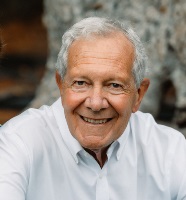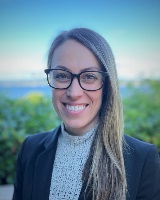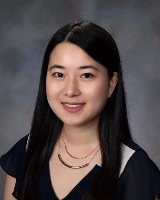Annual Meeting Speakers
Schedule is subject to change- updates will be made as soon as possible when changes occur.
Speaker Bios:

George A. Brooks, Ph.D. is Professor of Integrative Biology at the University of California, Berkeley. Dr. Brooks is a Fellow of the American Physiological Society (APS), American College of Sports Medicine (ACSM), and European College of Sports Science (ECSS). From athletics and exercise and altitude physiology research George A. Brooks developed the Lactate Shuttle concept. Lactate shuttling has three functions; lactate is a fuel energy source, the main gluconeogenic precursor, and a signaling molecule with autocrine, paracrine and endocrine functions. Endurance training develops the capacities to produce, remove and utilize lactate as a fuel energy source. Lactate is favored as a fuel by working red muscle, heart, liver and brain. Moreover, from extant data related to the Hepatic Glycogen Paradox, it was possible to educe that a Postprandial Lactate Shuttle plays a major role in dietary carbohydrate metabolism. As a result of new understanding lactate is used to provide metabolic support to endurance athletes and as an extracellular fluid replacement (e.g., dehydration, hypovolemia, hemorrhage), metabolic acidosis, heart failure, myocardial infarction, inflammation and Dengue. As well, lactate supplementation being evaluated to treat, traumatic brain injury and sepsis. A notable exception to lactate efficacy is cancer where lactate shuttling needs to be blocked. In his lecture Brooks will inform about Lactate Shuttle theory and encourage others to translate theory into practice.

Dr. Brittany Heintz Walters is an Assistant Professor of Neuromechanics and Acting Associate Chair in the Kinesiology Department at Seattle University. Her research explores the interplay between motor function, sensory integration, and cognitive processes, with a focus on the visuomotor system and aging populations. Using eye-tracking, electromyography, motion capture, and force sensors, she aims to identify factors underlying movement impairments and develop solutions to enhance motor function. Her research has been published in numerous journals, including the Journal of Neurophysiology and Experimental Brain Research, and featured in various presentations and interviews including the Journal of Neurophysiology Podcast Series. Dr. Heintz Walters’ work has been supported by the National Science Foundation and the American Society of Biomechanics, earning recognition through awards like the Seattle University Multidisciplinary Generative AI Research Award.

Tammy Ng, MD was born and raised in the San Francisco Bay Area. She studied Neurobiology, Physiology, and Behavior at UC Davis, then moved to Philadelphia to complete medical school at Drexel University College of Medicine. After discovering how fun and gratifying it can be to care for children, she decided to pursue pediatrics and returned to UC Davis for her pediatric residency.
As a pediatric resident, Dr. Ng developed an interest in pre-participation physical evaluations (PPE) and conducted research exploring challenges to implementing clinical guidelines for PPEs in youth sports. For this work, she was awarded a grant from the UC Davis Graduate Medical Education High Value Competition and has since presented her research at both regional and national conferences.
During residency, Dr. Ng also volunteered with the Kyle J. Taylor Foundation and Project ADAM to provide free heart screenings for youth athletes in the Sacramento area. Since moving to Seattle for her sports medicine fellowship at the University of Washington, she has continued to volunteer at free heart screening events, now with the Nick of Time Foundation. She is a strong advocate for cardiac pre-participation screenings and has a special interest in pediatric sports and musculoskeletal medicine.